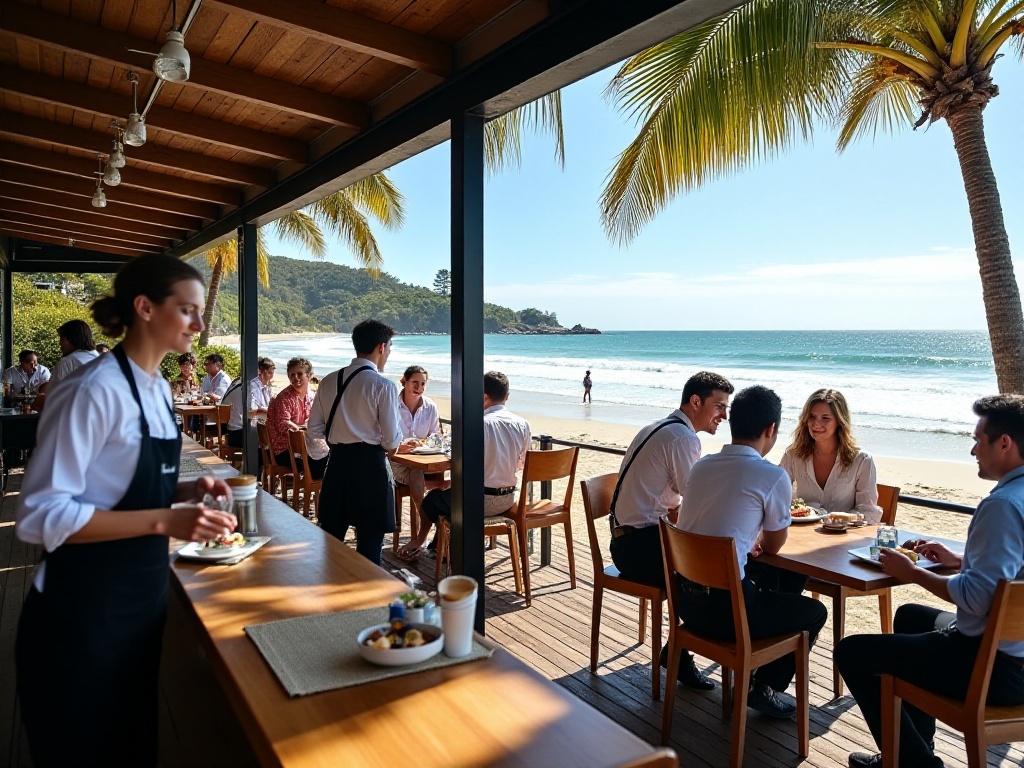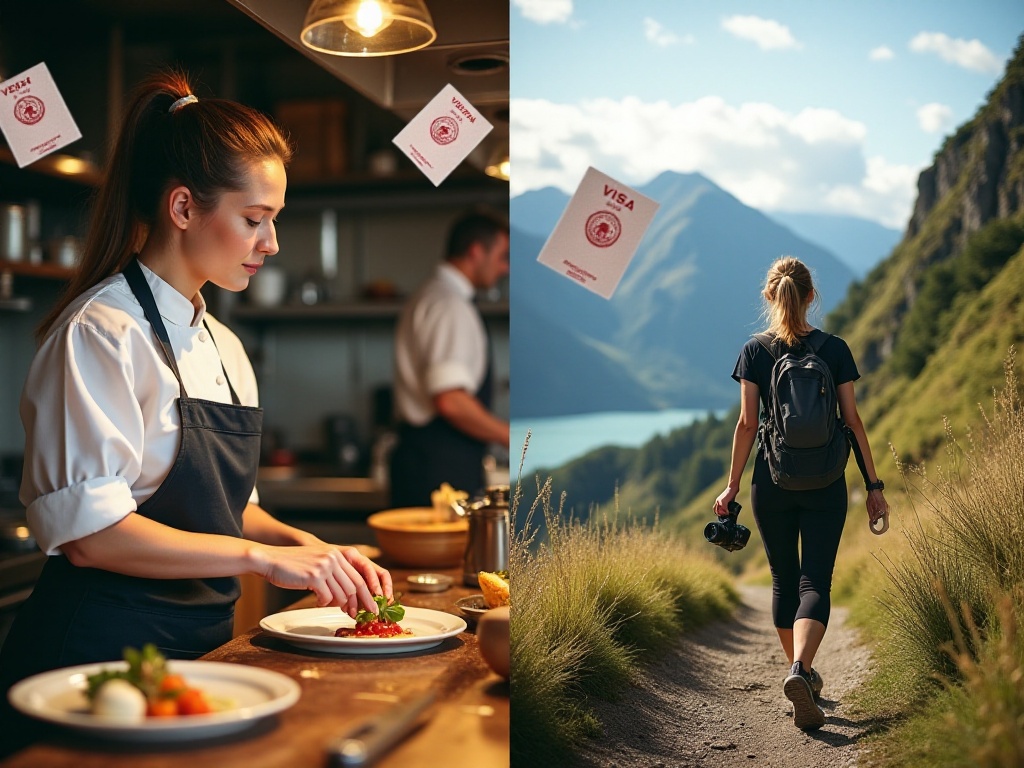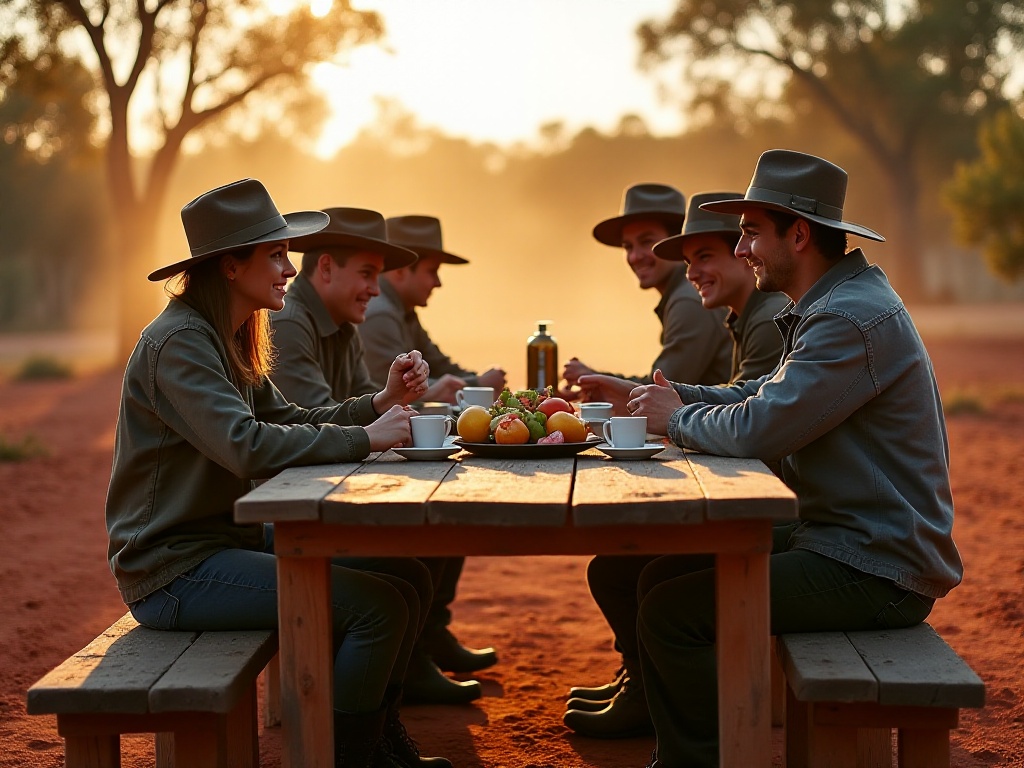
Opening Thoughts
It was an unforgettable morning as I stood in front of the Sydney Opera House, watching the Harbour Bridge glisten in the morning sun. The sea breeze carried a salty taste, and seagulls called in the distance. At that moment, I knew I had made the right choice. This working holiday year in Australia gave me a completely different life experience.
I remember my parents' concerns and friends' envious looks when I decided to apply for the working visa. Honestly, I was a bit nervous too, as I was going to live alone in a foreign country for a year. Looking back now, it was definitely one of the best decisions I've ever made. This year not only helped me achieve financial independence but, more importantly, brought me tremendous personal growth and countless memorable experiences.
What is a Working Holiday Visa
A working holiday visa is essentially a magical pass that lets you work and travel abroad. Unlike a regular tourist visa that only allows sightseeing, or a work visa that ties you to a specific job, this visa enables you to embark on a journey full of freedom and adventure in a foreign land.
I remember thinking how amazing it was when I first heard about the working holiday visa! Imagine surfing at Brisbane's beaches and then working part-time at a nearby restaurant, or working at a Melbourne street café for a while before taking your earnings on a Great Ocean Road road trip. This lifestyle allows you to experience local culture while supporting yourself financially - the perfect gap year plan.
In Australia, working holiday visa holders can freely choose where and when to work. For example, I worked in Sydney for three months, saved enough money to go diving in Cairns, then worked at a vineyard in Adelaide. Each place brought new friends and different life experiences. This level of freedom is unmatched by any other visa type.
Why Choose a Working Holiday Visa
There are countless reasons to choose a working holiday visa. First is the financial aspect. Australia's minimum wage is quite high - even regular server jobs pay over 20 AUD per hour. When I worked as a server at an Italian restaurant in Melbourne, working 30 hours per week earned me about 4000 AUD monthly. After rent and daily expenses, there was still plenty left for travel or savings.
Australian work environments are very regulated - employers must provide insurance, and holiday work comes with overtime pay. I remember working on Christmas Day when my hourly rate doubled - I earned over 400 AUD for 8 hours of work! This would be hard to imagine back home.
Beyond financial benefits, the working holiday visa allows you to experience local life deeply. Through work, you meet locals and understand their lifestyle and mindset. While working at a café in Brisbane, I interacted with all kinds of customers daily. Gradually, my English improved, and I gained a deeper understanding of Australian culture.
Most importantly, the visa gives you enough time to explore the country. A year is neither too long nor too short, but definitely enough to experience Australia's wonders. From rainforests to deserts, bustling cities to remote farms, you can take your time to explore and absorb Australia's beauty.
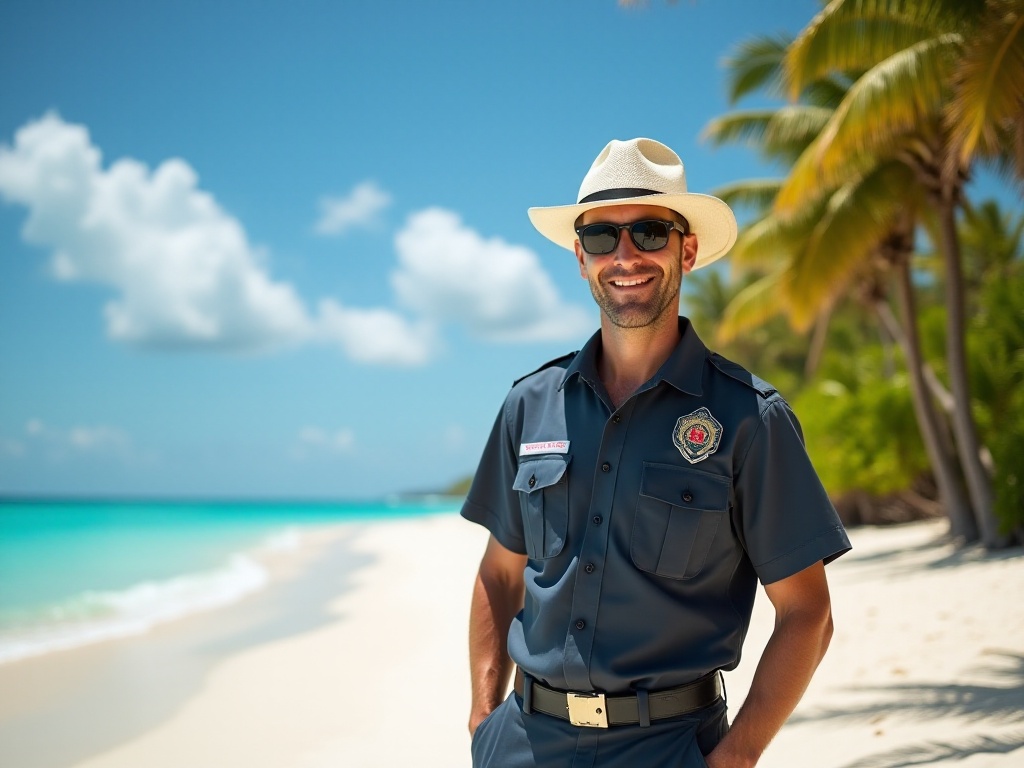
Application Process
Applying for a working holiday visa isn't as complicated as you might think. The most direct way is through the Australian government's official website. The entire process is online - just fill out forms and upload documents as required. When I applied, it took about two weeks from submission to approval.
However, if you're not confident in your English or worried about making mistakes, you can use an agency. Many professional agencies not only help with visa applications but also provide services like housing and job hunting. While it costs more, it can save you a lot of hassle.
I have a friend who applied through an agency - they helped prepare materials, translate documents, and even arranged her first job. When she arrived in Australia, they picked her up from the airport and showed her housing options. While this full-service approach costs more, it's valuable for first-time travelers abroad.
The required materials for a working holiday visa are minimal - mainly passport, ID, police clearance certificate, and proof of funds. The proof of funds is crucial - you must show you have at least 5000 AUD. You don't need to bring all this money to Australia, but you must prove you have this financial capability.
Note that quotas and opening times vary by country. China's quota fills up quickly each year. It's important to monitor application times and prepare all materials in advance to avoid missing the application window.
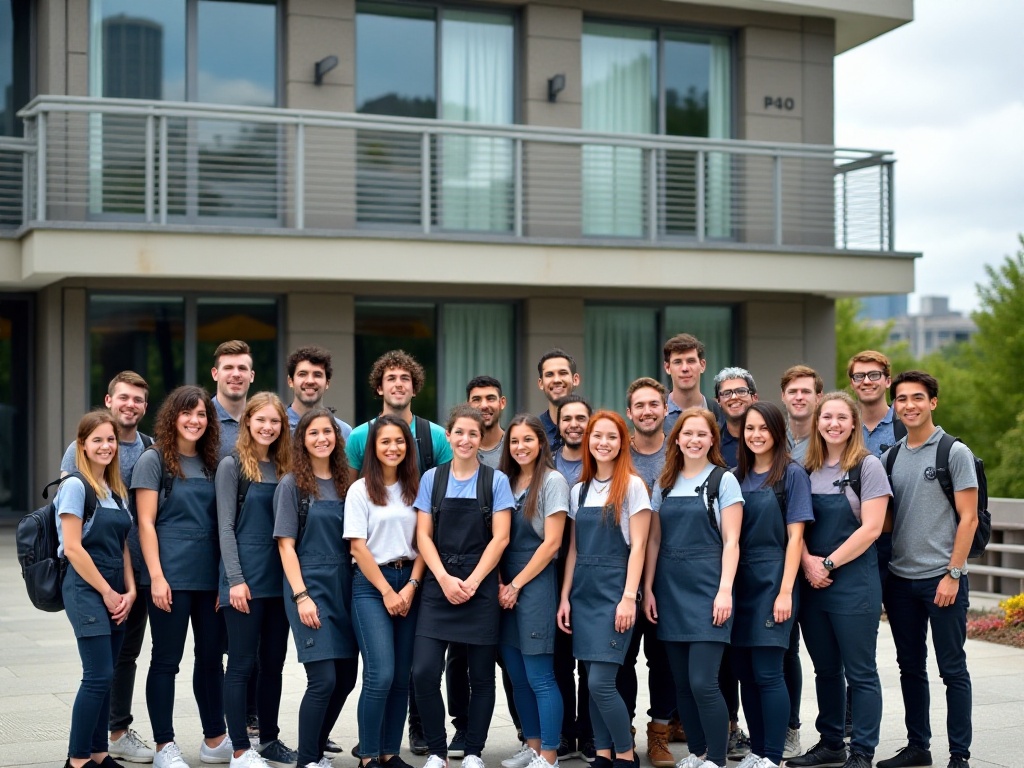
Job Opportunities
In Australia, job opportunities are plentiful - it's just a matter of what type of work you're willing to do. Service industry jobs are most common, like restaurant servers, hotel staff, and baristas. These jobs are easy to find, relatively relaxed, and great for practicing English.
When I worked in Sydney, I started as a server at a Japanese restaurant. Though nervous at first, my colleagues were friendly and often taught me useful English phrases. Later, I learned bartending and got my RSA certificate (Responsible Service of Alcohol), allowing me to work in bars for higher pay.
Farm work is another good option - while physically demanding, it pays well. I worked at a vineyard in Victoria for a while, pruning vines and harvesting grapes. Though working under the sun was tough, I could earn over 1000 AUD weekly. Plus, farms usually provide accommodation and meals, saving on living expenses.
There are also special opportunities like being a lifeguard at resorts, a ski instructor, or working on cruise ships. These jobs require certain certifications but offer good benefits and great working environments. I know a Chinese girl who teaches Chinese tourists surfing at a Gold Coast surf school - working in the sun and waves is amazing.
There are many ways to find jobs, from job websites to directly dropping off resumes. Australians prefer face-to-face communication, and walking in to look for work often yields unexpected results. Social media is also useful - many Chinese communities share job information in WeChat or Facebook groups.
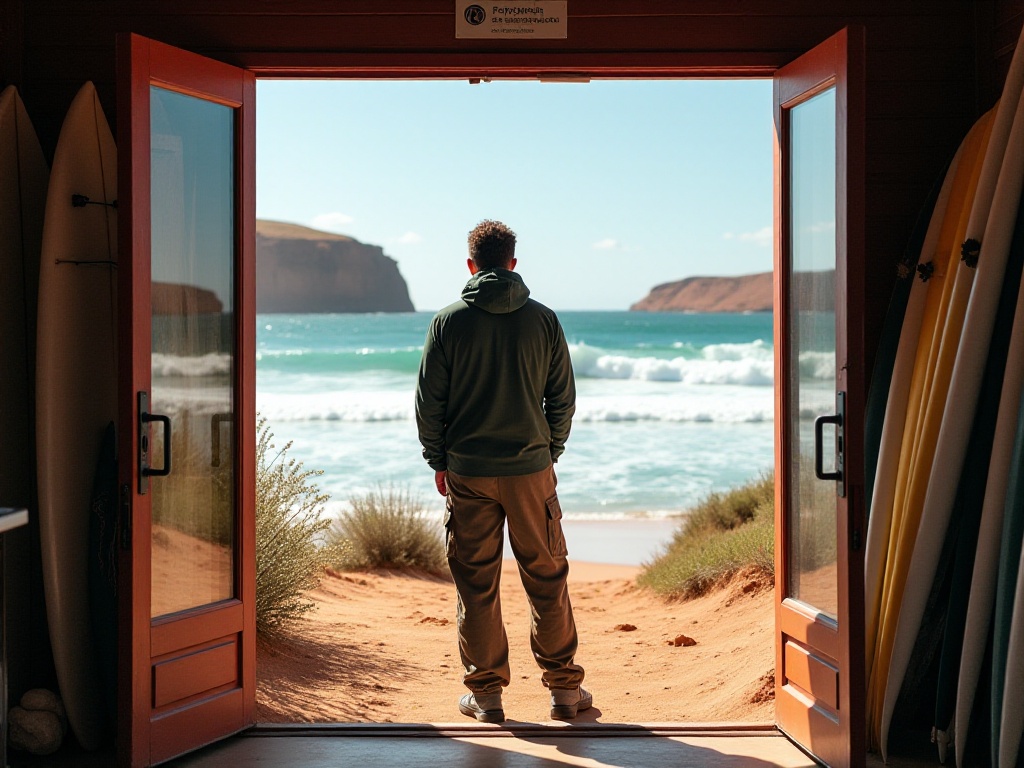
Experience Sharing
I learned so much during my year in Australia. The biggest gain was probably learning to live independently. When I first arrived, I didn't even know how to grocery shop, what to cook, or how to sort garbage. Gradually, I learned to cook, manage time and money, and even repair bicycles.
Work brought many memorable experiences. Once while working at a café, I met an elderly lady who ordered the same coffee every morning. We became familiar, and she would tell me stories from her youth and teach me authentic Australian English. When I left that café, she came specially to say goodbye with a big hug.
Working on farms was also special. Waking up at 4 AM to work with the sunrise was tough, but seeing the fruits we picked being shipped worldwide gave me a sense of achievement. The farm owner, an Italian immigrant, often invited us to his home for dinner and taught us to make pasta and pizza. This kind of warmth is hard to find in office work.
Travel experiences were even more numerous. Once, I rented a campervan with friends I met at the farm and drove along the Great Ocean Road for a week. We surfed during the day and camped by the beach at night, falling asleep counting stars in the Southern Hemisphere. That sense of freedom is hard to describe in words.

Important Tips
While the working holiday visa seems wonderful, there are important things to know beforehand. First is the age restriction - you must be between 18-30 years old. This is non-negotiable, so timing is crucial.
Language requirements are important too. While IELTS isn't required, basic English communication skills are essential. I recommend learning daily phrases and work-related vocabulary before departure. If your English isn't strong, consider studying at a language school first - it'll make finding work easier.
Proof of funds is another key point. Australia requires proof of at least 5000 AUD - it's better to have more. Initial expenses in Australia are high - rental deposits, living essentials, and you might wait a while before finding work.
Insurance is mandatory. While employers provide work injury insurance, it's best to get comprehensive health insurance too. Medical costs in Australia are high - without insurance, illness or injury could be very expensive.
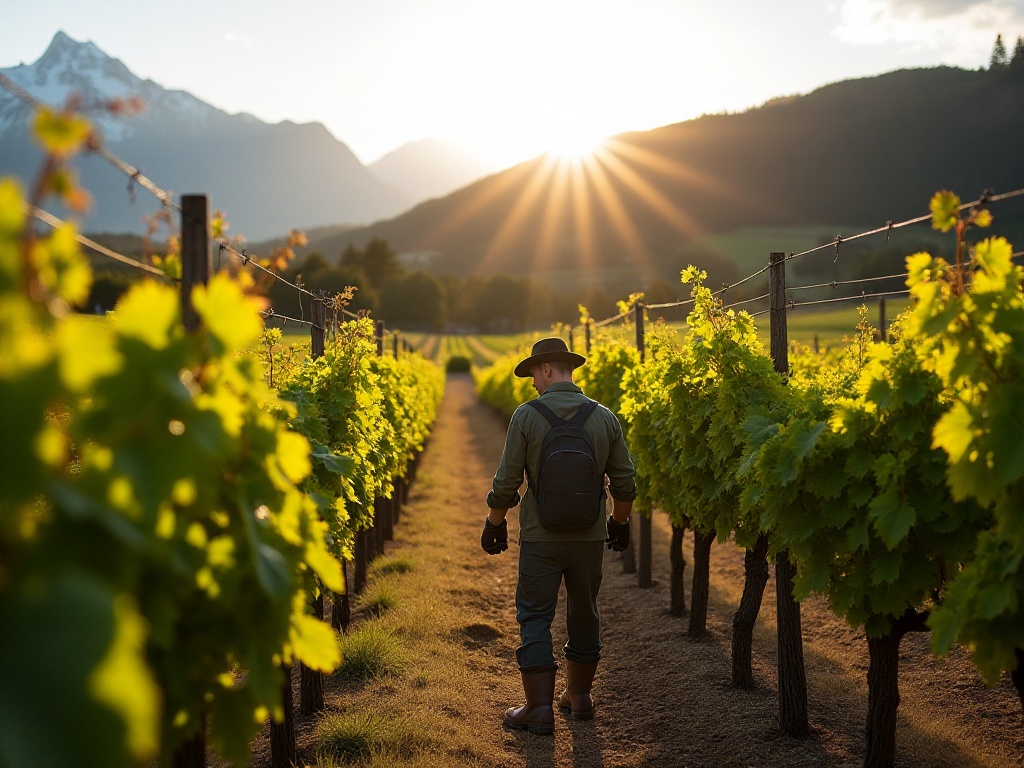
Conclusion
This working holiday year was definitely the most exciting period of my life. It taught me independence, introduced me to friends from around the world, showed me different landscapes, and let me experience different lifestyles.
This experience isn't just travel - it's an opportunity for personal growth. It teaches you to see the world differently, adapt to new environments, and interact with people from different cultural backgrounds. These experiences and abilities are life's most valuable treasures.
If you're considering applying for a working holiday visa, my advice is: go for it! Try different things while you're young and see more of the world - that's how to live without regrets. Trust me, when you stand before the Sydney Opera House watching sunrise reflect on the Harbour Bridge, you'll thank yourself for making this decision.
Next
The Great Resurgence: International Business Travel's Triumphant Return
In the wake of a global pandemic that brought the world to a standstill, a new chapter in international business travel is unfolding. As borders reopen and economies rebound, the corporate world is witnessing a renaissance of global mobility, driven by an insatiable appetite for face-to-face interactions and the irreplaceable value of in-person connections.
Complete Guide to New Zealand Working Holiday: How to Exchange Work for a Deep Travel Experience
A comprehensive guide to working holiday programs, covering core concepts, visa requirements, eligibility criteria, and practical applications with detailed examples from Australia and New Zealand working holiday schemes
Complete Guide to Working Holiday Visas: Travel the World While Earning Money - A First Travel Guide for Young People
A comprehensive guide to Working Holiday programs, covering visa requirements, popular destinations including Australia and New Zealand, employment opportunities, and support services for participants aged 18-30
Next

The Great Resurgence: International Business Travel's Triumphant Return
In the wake of a global pandemic that brought the world to a standstill, a new chapter in international business travel is unfolding. As borders reopen and economies rebound, the corporate world is witnessing a renaissance of global mobility, driven by an insatiable appetite for face-to-face interactions and the irreplaceable value of in-person connections.
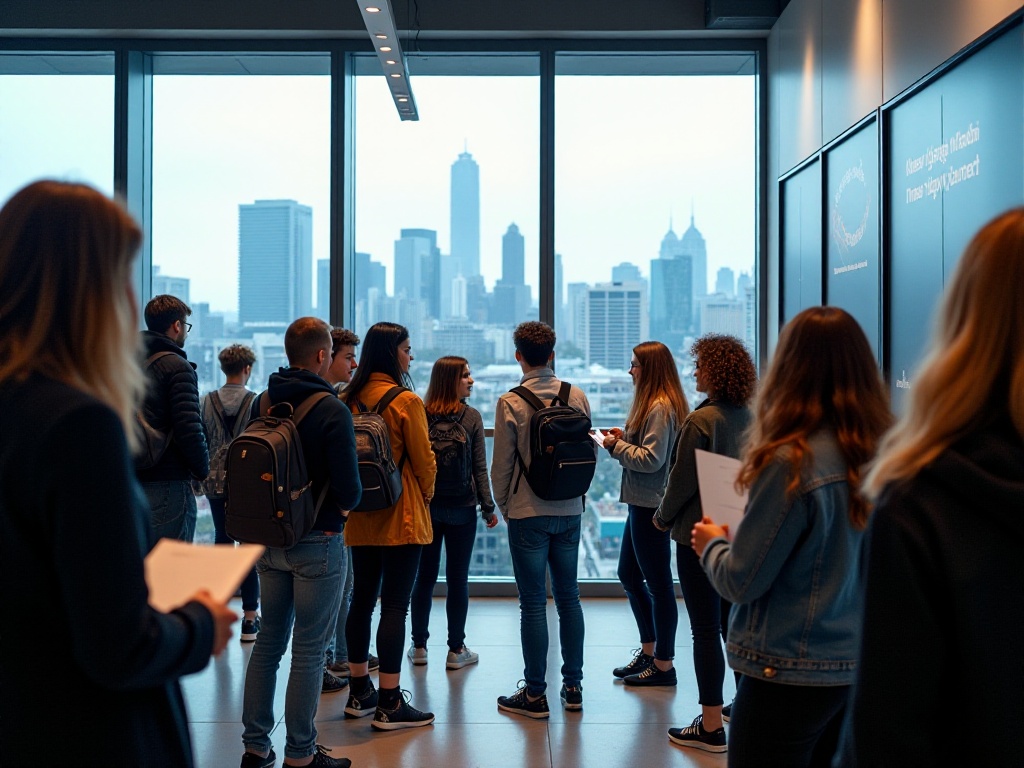
Complete Guide to New Zealand Working Holiday: How to Exchange Work for a Deep Travel Experience
A comprehensive guide to working holiday programs, covering core concepts, visa requirements, eligibility criteria, and practical applications with detailed examples from Australia and New Zealand working holiday schemes
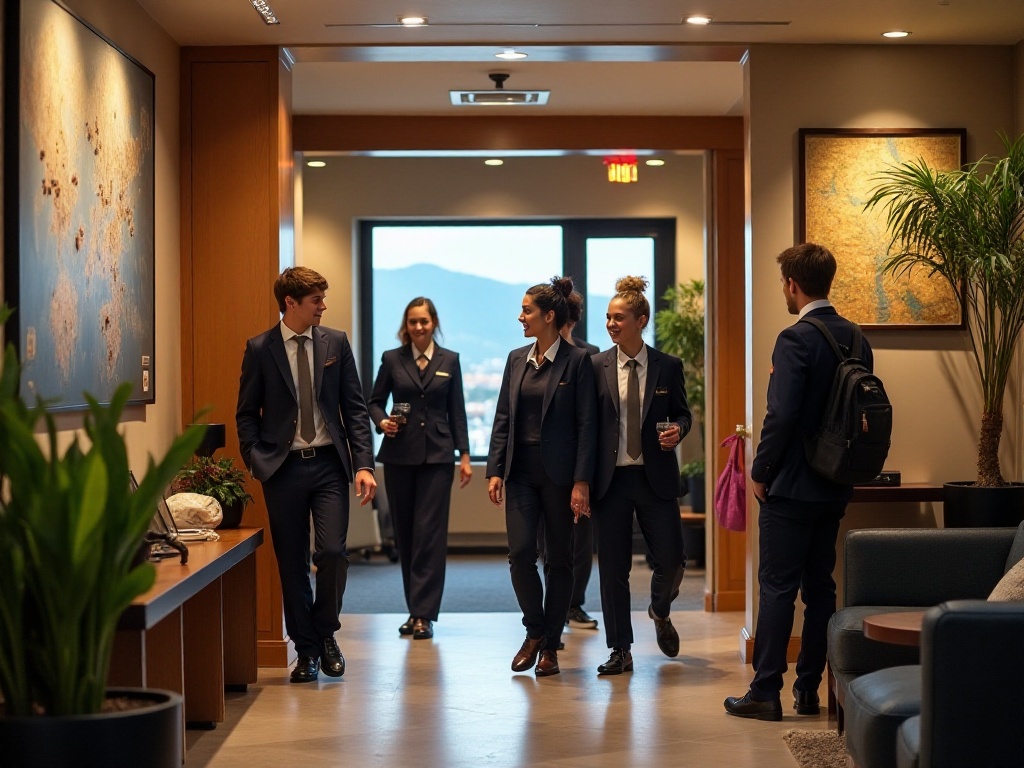
Complete Guide to Working Holiday Visas: Travel the World While Earning Money - A First Travel Guide for Young People
A comprehensive guide to Working Holiday programs, covering visa requirements, popular destinations including Australia and New Zealand, employment opportunities, and support services for participants aged 18-30

